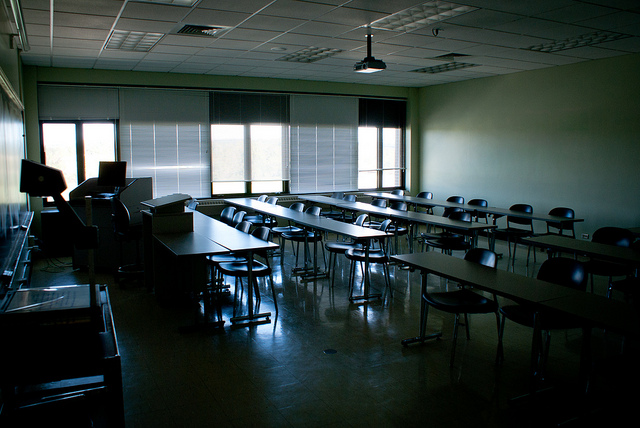I pulled into the university parking garage this morning and had plenty of options for where to park. That can only mean one thing: Summer is here! For both faculty and administrators, summer presents a wonderful opportunity to catch up on work that we weren’t able to complete during the academic year. However, fewer structured responsibilities can be a double-edged sword if we don’t prepare in advance. We all want to be as productive as we can be in the summer. In today’s post, I will share five specific strategies to help you have a productive summer.

1. Come up with a specific and doable plan.
The first step for setting yourself up for the summer is to develop a specific and doable plan. I always get concerned when I hear someone who has goals for the summer that would reasonably take 12 months to complete. Determine what specific tasks you can accomplish and how long it will take to finish them. Then, map out when you will complete each assignment. I argue that it is better to set a specific and doable plan than to set goals so high that you will inevitably be unable to complete them in the two months you have available.
2. Prioritize your most important work.
When establishing your plan for the summer, be sure to prioritize your most important work. For many faculty, this will be research and writing. Others may have long-term projects or planning to make sure next academic year is a success. Whatever your situation, your summer should be reserved for your most significant and important work. Smaller and urgent tasks can easily fill our time during the regular academic year. Don’t let them do the same in the summer!
3. Set a daily schedule.
When thinking about your daily summer activities, I encourage you to establish a schedule. Some people might prefer to go to the office for the morning or a coffee shop. Others may get up early so they can work before doing activities with the kids. It is less important what you do for your routine than the fact that you have one. Working from a routine will help you stay on track and avoid letting the unstructured nature of the summer hurt your productivitiy.
4. Limit busy work (yes, I’m talking about email too).
All of our jobs have a great deal of busy work. There are forms to fill out, reports to prepare, and the never-ending stream of email. I know some people who say they will take the summer to get ahead of all of this busy work so they won’t have to do it during the year. The only problem with that plan is that busy work grows to fill the time available. Instead, avoid doing this during the summer to as great an extent as possible. Don’t send a bunch of emails (you’ll get a bunch of responses). Reports and forms can wait. Doing busy work isn’t where you make your highest contribution and you should use your summers for that purpose.
5. Take a break.
Sometimes we don’t think of taking a break as productive, but it absolutely is a key component. I always try to take off two weeks completely in the summer to recharge my batteries. Summer is also a great time to take smaller breaks in the course of your day. You can meet a friend for a long lunch or enjoy events with your kids. I have made the mistake of working all summer in the past. When August rolled around, I was exhausted which is not the way to start a new academic year. If you want to maximize your productivity, take breaks during the summer.
A college campus is a great place to be in the summer. I hope you take advantage of these five strategies to help you have a productive summer. Enjoy it while it lasts… the students will be back before we know it!

